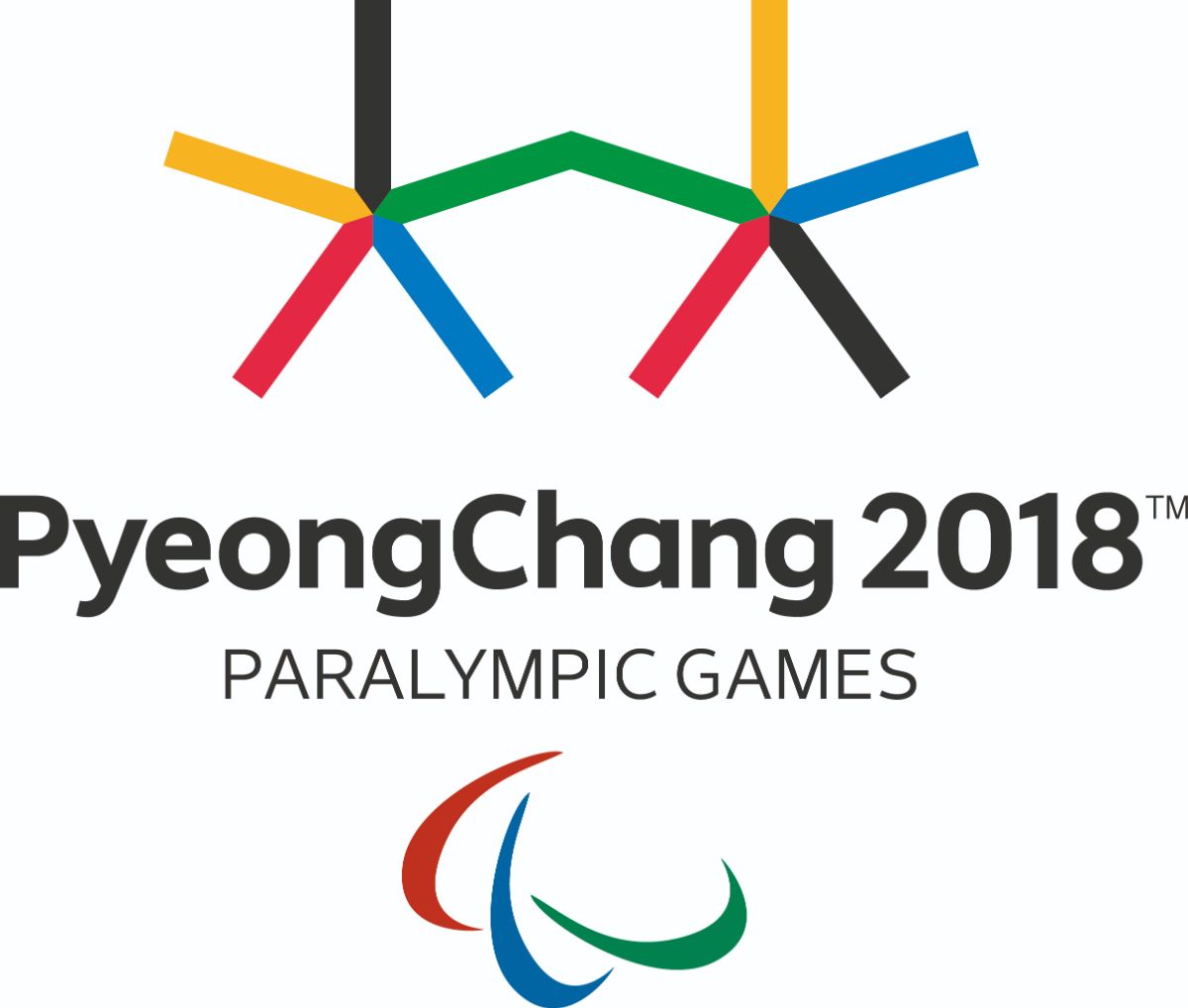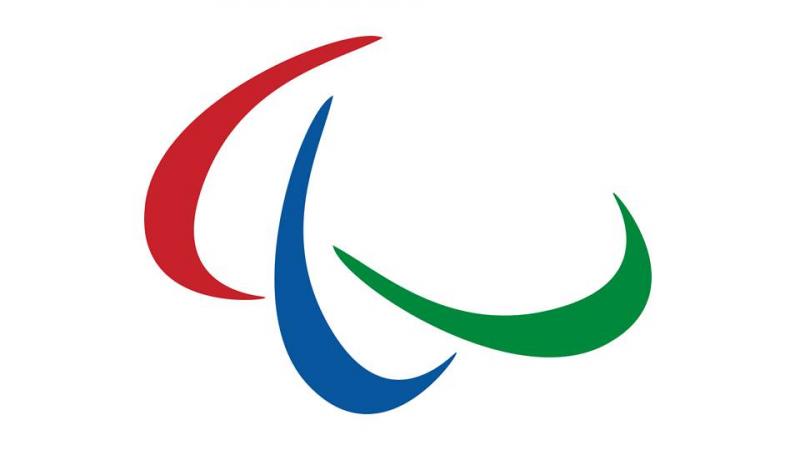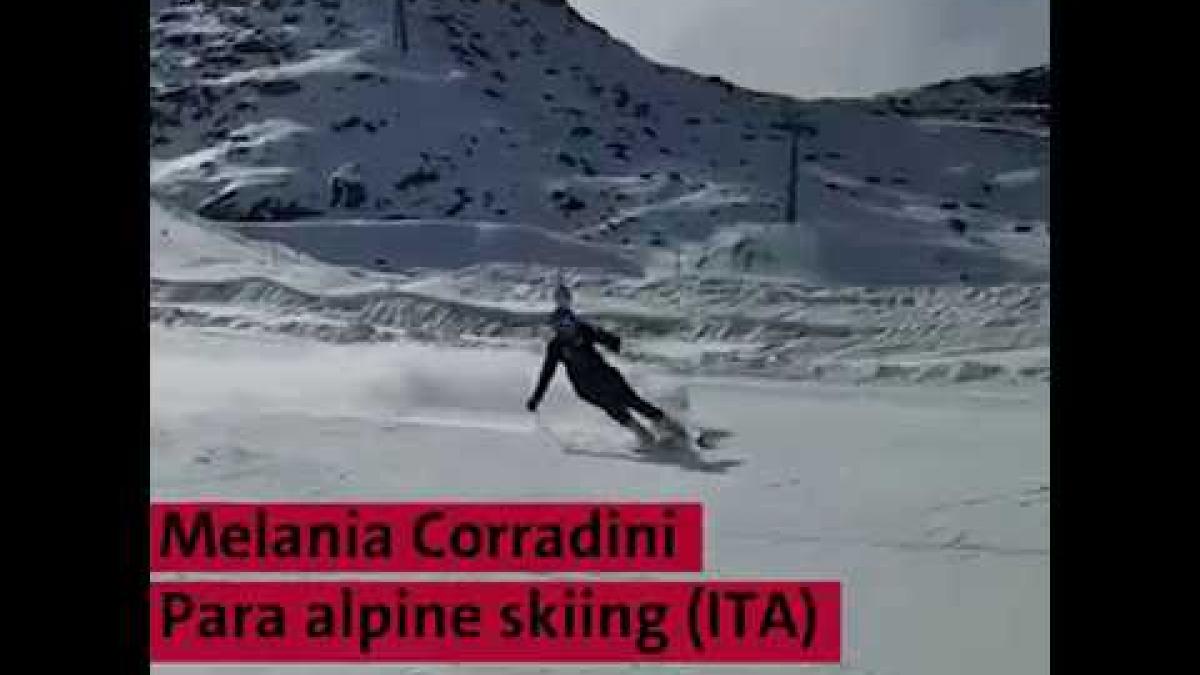Neutral Paralympic Athletes to compete at PyeongChang 2018
IPC maintains Russian Paralympic Committee suspension but allows eligible Russian Para athletes to compete as neutrals at March’s Paralympics 29 Jan 2018“It is now the view of the IPC Governing Board, which includes six Para athletes, that allowing Russian Para athletes who meet strict criteria to compete in PyeongChang as neutrals will not jeopardise our responsibility to ensure clean sport and a level playing field for all Para athletes.
“We hope this decision will be fully respected not just by the RPC but by the Paralympic Movement as a whole."
The International Paralympic Committee (IPC) announced on Monday (29 January) that it is maintaining the suspension of the Russian Paralympic Committee (RPC). However, in recognition of the progress made by the RPC in improving its anti-doping activities, it will allow eligible Russian Para athletes who meet strict conditions to compete in five sports under the name Neutral Paralympic Athlete (NPA) at the PyeongChang 2018 Paralympic Winter Games.
The IPC Governing Board decided to maintain the suspension after receiving an update on Saturday (27 January) from the IPC Taskforce responsible for monitoring the RPC’s progress in meeting the reinstatement criteria. The IPC Taskforce highlighted two criteria that are still outstanding:
• The full reinstatement of the Russian Anti-Doping Agency (RUSADA) by the World Anti-Doping Agency (WADA).
• The provision of an official response specifically and adequately addressing the findings made by Professor McLaren.
Following the decision to maintain the suspension, the IPC Governing Board discussed at length whether to allow Russian Para athletes to compete as neutrals at the PyeongChang 2018 Paralympic Winter Games.
After acknowledging the steps the RPC has taken to improve its governance and anti-doping procedures and practices, the IPC Governing Board determined that eligible Russian Para athletes that meet strict conditions should be allowed to compete at PyeongChang 2018. Para athletes will be allowed to compete in alpine skiing, biathlon, cross-country skiing, snowboard and wheelchair curling. Under the sport rules for Para ice hockey, an NPA team could not be considered as Russia had missed the opportunity to qualify.
According to the IPC Taskforce, steps taken by the RPC in the last 13 months include:
• Implementing a robust testing programme of Russian Para athletes under the close supervision of WADA
• Launch of a new anti-doping education programme targeted at Para athletes and coaches
• Introduction of a whistle blower hotline whereby Para athletes, coaches and officials can report any suspicions they have regarding anti-doping
• Updating and finalising its Anti-Doping Rules
IPC President and Athletes' Council
Andrew Parsons, IPC President, said: “In reaching our decision to allow eligible neutral Para athletes to compete at PyeongChang 2018, the IPC Governing Board considered many factors including those that led to the RPC’s suspension back in 2016.
“In the summer of 2016 the anti-doping system in Russia was found to be totally compromised, corrupted and open to abuse. This made it impossible to determine which Russian Para athletes were clean and which were not; it was clear that Russia’s participation in Para sport events would severely question the integrity and credibility of sporting competition.
“At the time we took measures that were necessary and proportionate to the situation we faced, and that were essential to ensure clean sport. We took the correct decision for the Paralympic Movement and Para athletes. Seventeen months on, we face a different picture in Russia and it is important that once again our decision is necessary and proportionate to what is in front of us.
“Although the RPC remains suspended they have made significant progress and we have to recognise this. Russian Para athletes are now regularly tested and are amongst the most scrutinised Para athletes in the world. Under the supervision of WADA, we now have greater confidence that the anti-doping system in Russia is no longer compromised or corrupted. We have also witnessed behavioural and cultural changes by the RPC, which we hope will one day positively influence officials within the wider Russian Federation.
“It is now the view of the IPC Governing Board, which includes six Para athletes, that allowing Russian Para athletes who meet strict criteria to compete in PyeongChang as neutrals will not jeopardise our responsibility to ensure clean sport and a level playing field for all Para athletes.
“We hope this decision will be fully respected not just by the RPC but by the Paralympic Movement as a whole. We also hope that this decision will further encourage the RPC to work with its institutional partners, in particular those within Russian authorities, to meet the reinstatement criteria in full so that the next time a major sporting event takes place within the Movement, the RPC can enter its athletes under the Russian flag.”
Andy Parkinson, Chair of the IPC Taskforce, said: “While the Taskforce unanimously agreed that the RPC has not met all the reinstatement criteria, the decision by the IPC Governing Board is appropriate recognition of the progress the RPC has made over the past 13 months.
“The RPC is now implementing a robust anti-doping programme, consistent with the IPC Anti-Doping Code, illustrated by its high-quality anti-doping education.
“The two areas that continue to require attention are the reinstatement of RUSADA and the acknowledgment of the McLaren Report. On the latter, the Taskforce continues to have serious concerns about the willingness of the Russian authorities to address this fundamental issue. Given this criteria is also included in the WADA roadmap, the Taskforce hopes that WADA will continue to work hard to ensure that this critical component of the rehabilitation of Russian sport is dealt with satisfactorily.”
Chelsey Gotell, the Chairperson of the IPC Athletes’ Council said: “For Russian Para athletes, albeit as neutrals, this decision gives them an opportunity to fulfil their Paralympic dream. I am sure they would prefer to compete under their country’s flag like any other Para athlete, but Russia’s unwillingness to take responsibility for the biggest doping scandal ever to take place in sport should not be rewarded, nor celebrated.
“For Para athletes of the other competing countries, they can compete in the confidence that their rivals are now regularly tested by RUSADA and others, under the supervision of WADA and the IPC. To compete in PyeongChang, Russian Para athletes will also have to meet strict conditions.
“A level playing field is all any athlete wants and I truly believe we will have this in PyeongChang when the Paralympic Winter Games open on 9 March.”
Neutral Paralympic Athletes
Under the PyeongChang 2018 Paralympic Winter Games Qualification Guide that was first published on 30 May 2016 and includes details of maximum athlete quotas for each sport, only unused slots - some of which have been returned by National Paralympic Committees - will be redistributed to eligible Neutral Paralympic Athletes.
As qualification for the Games is ongoing until mid-February in all snow sports, it is estimated that between 30 and 35 Para athletes will meet the qualification criteria and conditions for participation.
With all 100 quota places in men’s Nordic skiing already allocated to 93 qualified Para athletes and seven Para athletes who are receiving bipartite slots, there are no slots available for Neutral Paralympic Athletes. In addition, 18 Para athletes from other countries who applied for bipartite slots in the sport will also miss out.
On Monday afternoon, the IPC will publish the full conditions that Russian Para athletes must meet in order to be considered for selection as a Neutral Paralympic Athlete. The conditions will be made available here.
Key conditions include:
• Para athletes selected will compete as Neutral Paralympic Athletes, a modification of a name used since September for eligible Russian Para athletes competing under a limited interim measure. As the RPC remains suspended, the word Russia cannot appear in the delegation name. They will compete under the Paralympic flag and the Paralympic anthem will be played in any ceremony.
• The RPC will be responsible for selecting the Neutral Paralympic Athletes.
• Only licensed Para athletes that have qualified according to the qualification standards of their sport and who meet strict participation conditions can be considered for selection.
• Each Neutral Paralympic Athlete must have undergone at least two anti-doping tests in the last six months immediately preceding PyeongChang 2018.
• Only athletes that are part of either the IPC’s International Registered Testing Pool, RUSADA’s National Registered Testing Pool or the International Federation’s Registered Testing Pool at the time of the Games may be considered for selection.
• The RPC must provide evidence to demonstrate that each neutral Para athlete and support personnel has participated in, and successfully completed, an RPC anti-doping education session.
• Any Para athlete or official implicated in any way (knowingly or unknowingly) by the numerous anti-doping investigations in Russia cannot be selected.
• Para athletes will compete in an NPA uniform that has no national identification that relates to Russia. No Russian flags will be permitted in the vicinity of any venue associated with the Games.
• Neutral Paralympic Athletes will benefit from the same technical and logistical support as any other Paralympic athlete.
• Members of Russian Ministries (including the Russian Sport Ministry) and members of the RPC Governing Board will not be accredited for the Games (in any capacity).
The PyeongChang 2018 Paralympic Winter Games will take place between 9-18 March.

 Facebook
Facebook
 Instagram
Instagram
 Twitter
Twitter
 Youtube
Youtube
 TikTok
TikTok
 Newsletter Subscribe
Newsletter Subscribe







